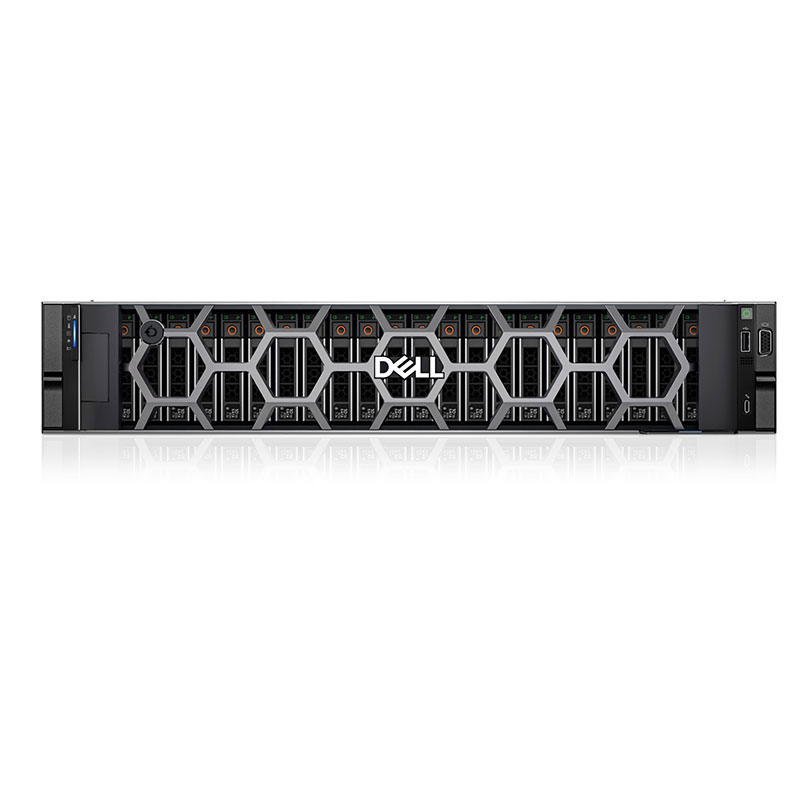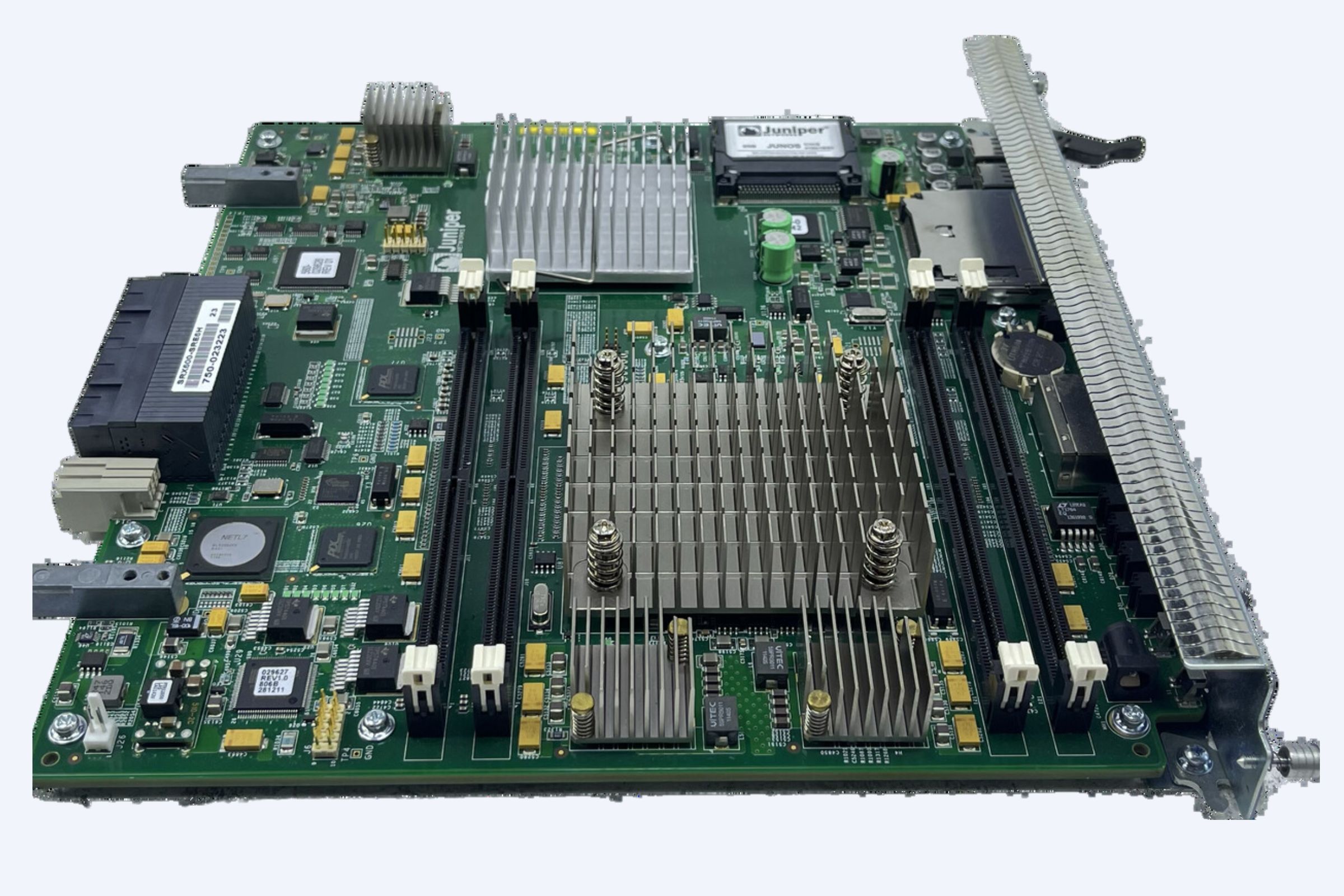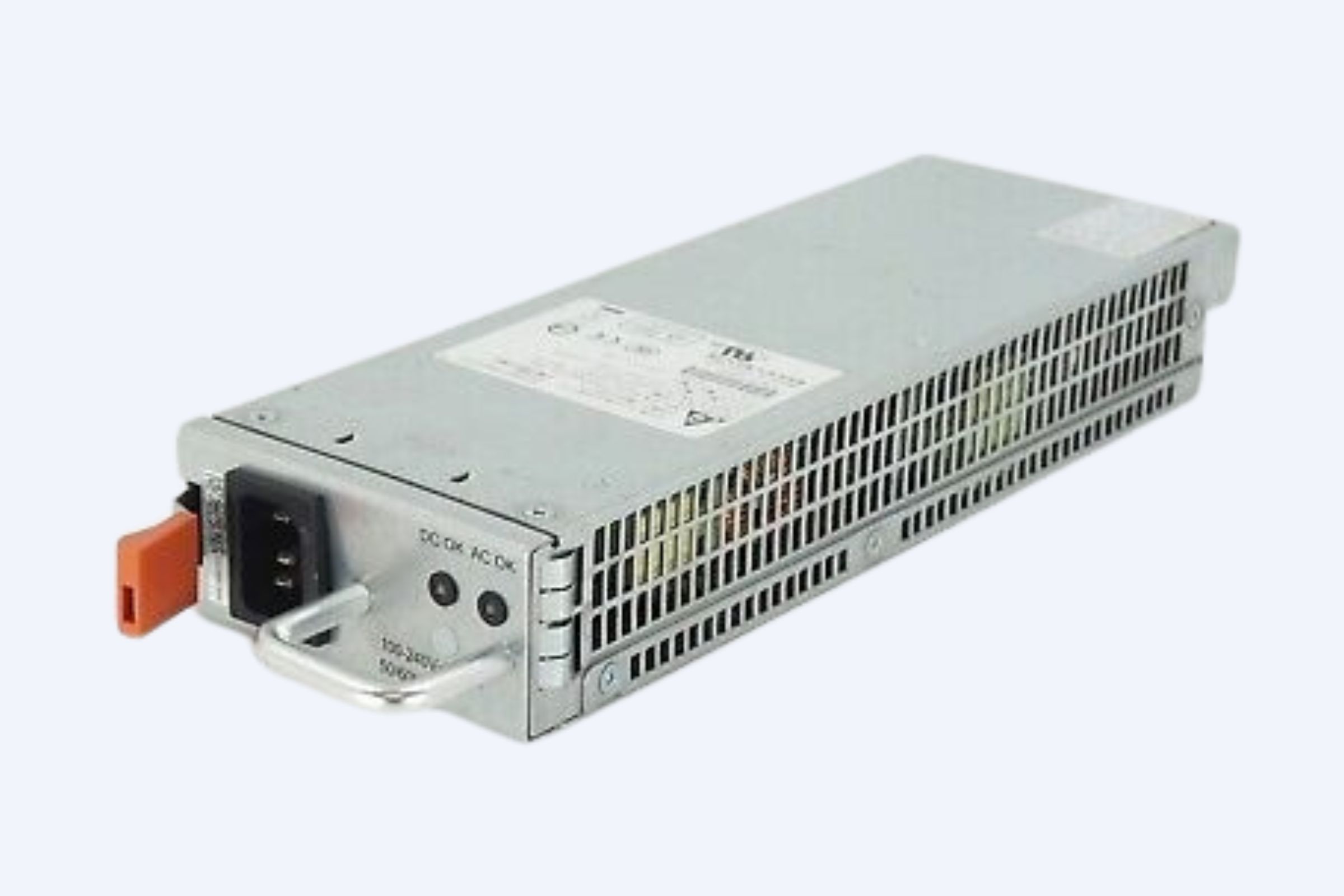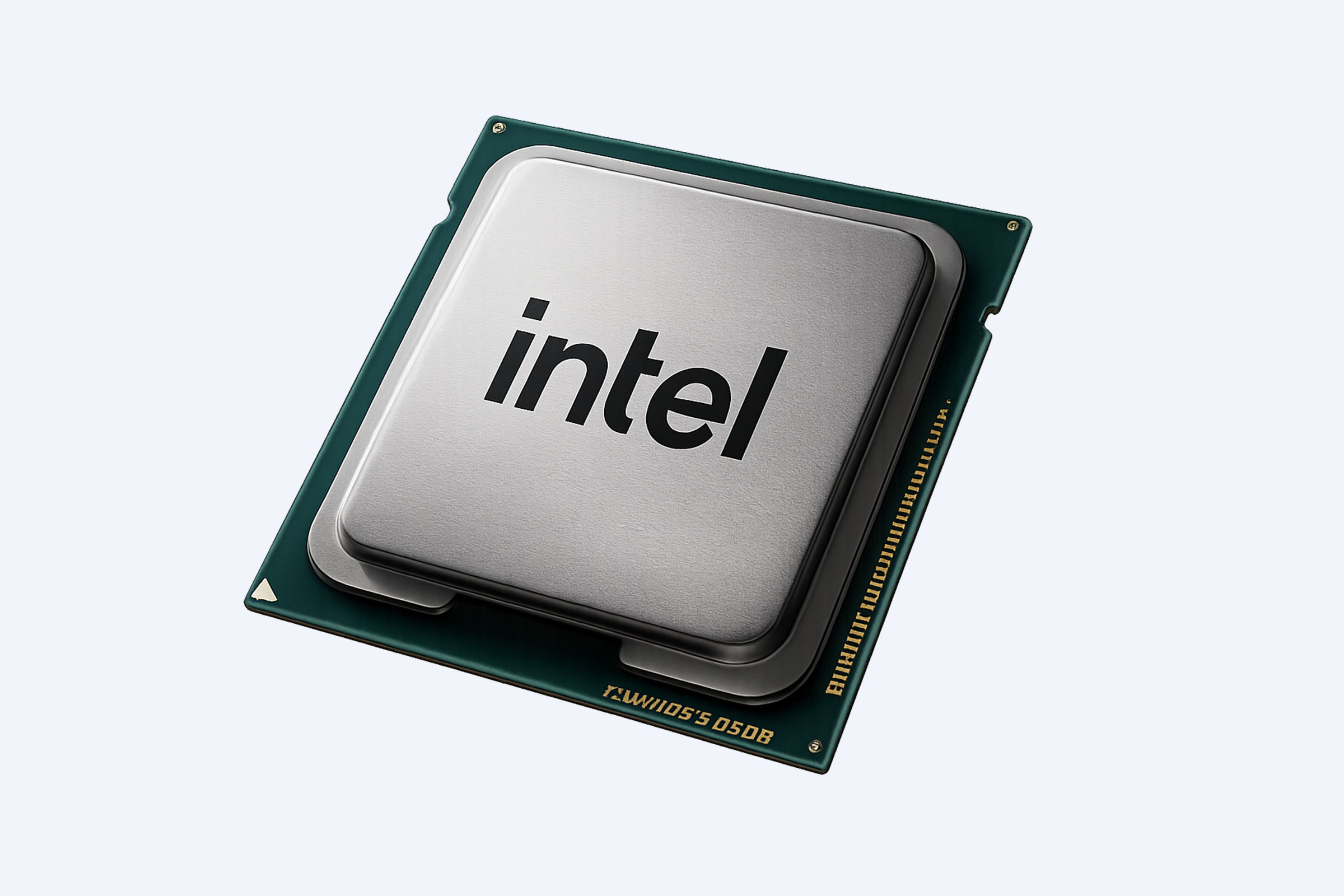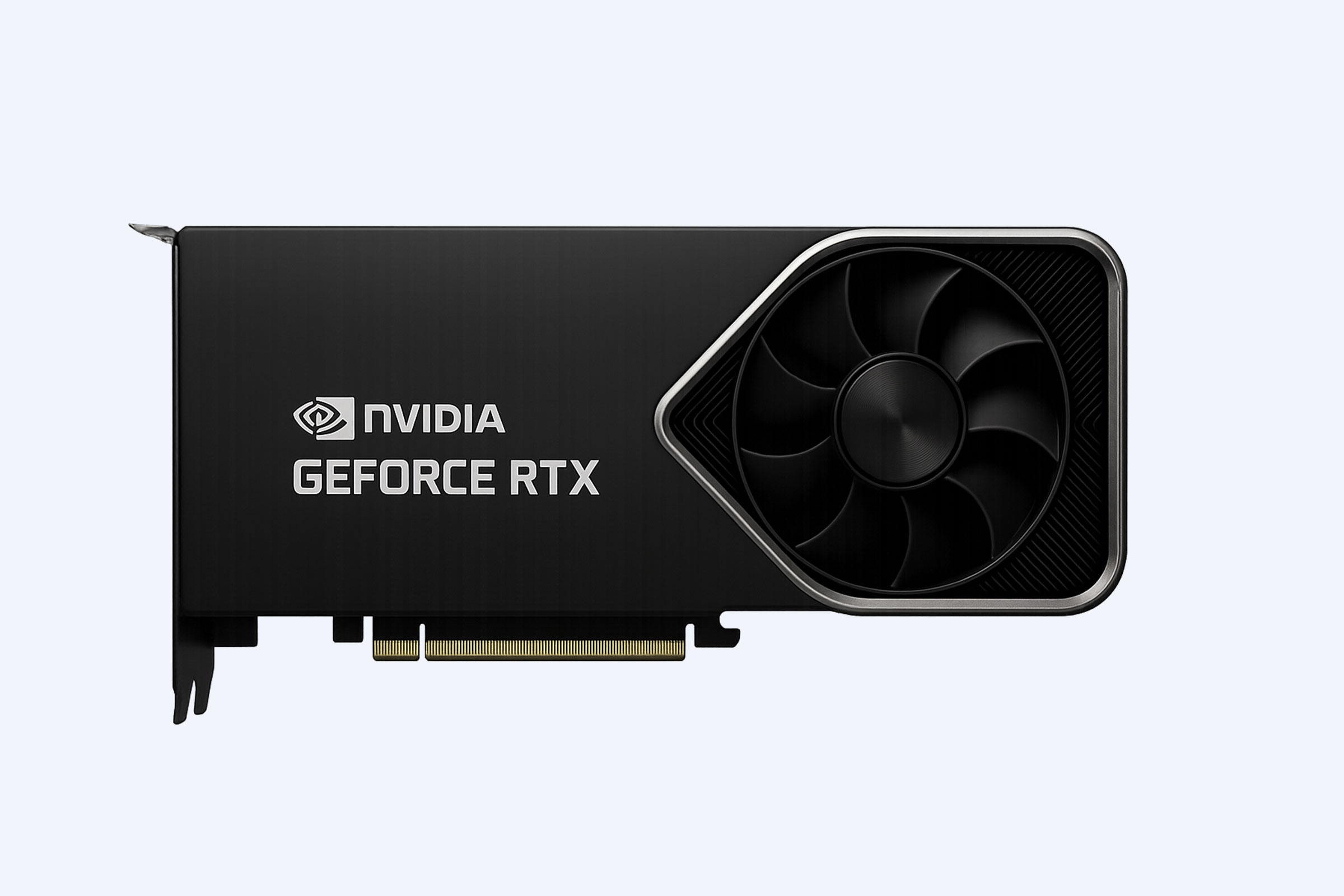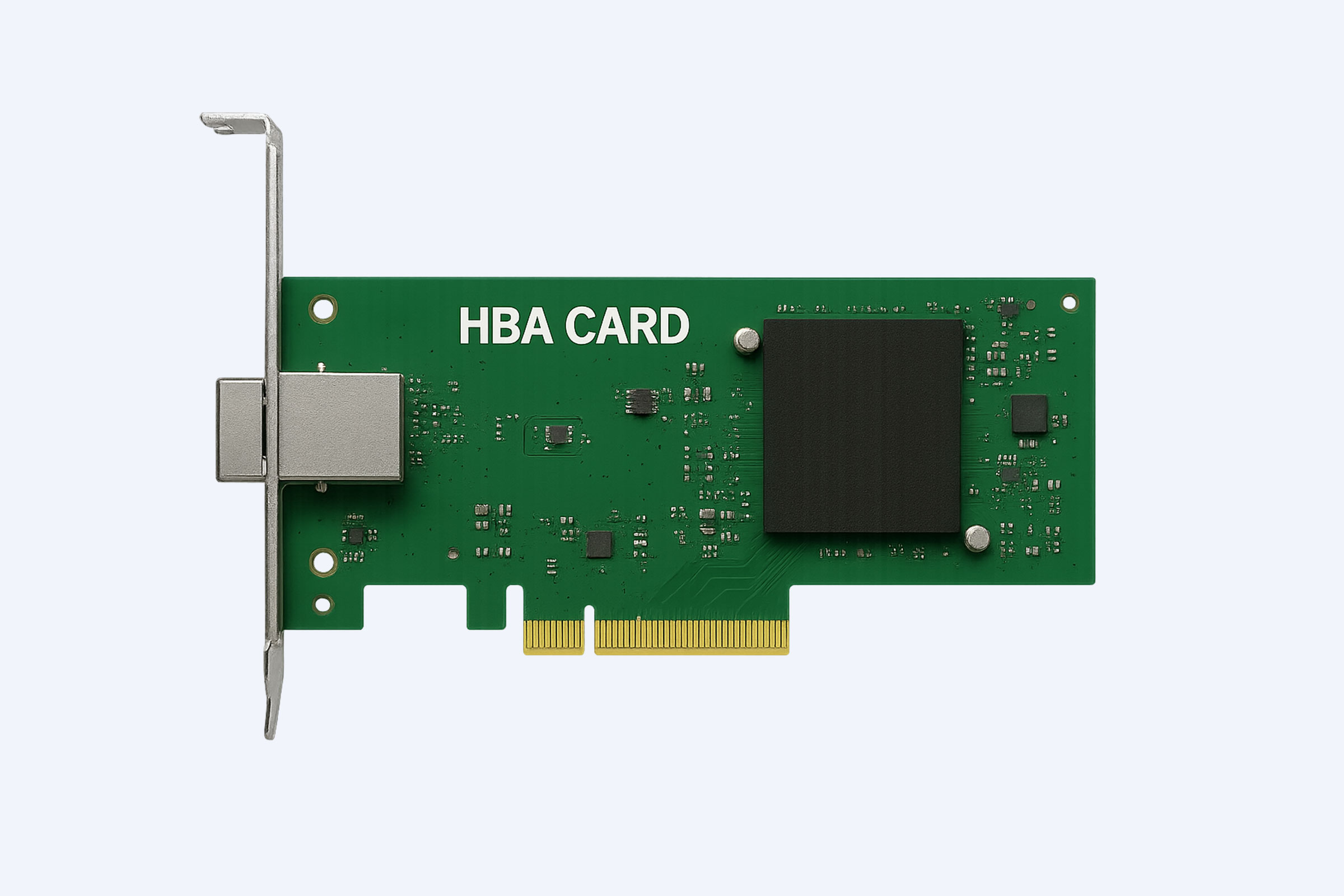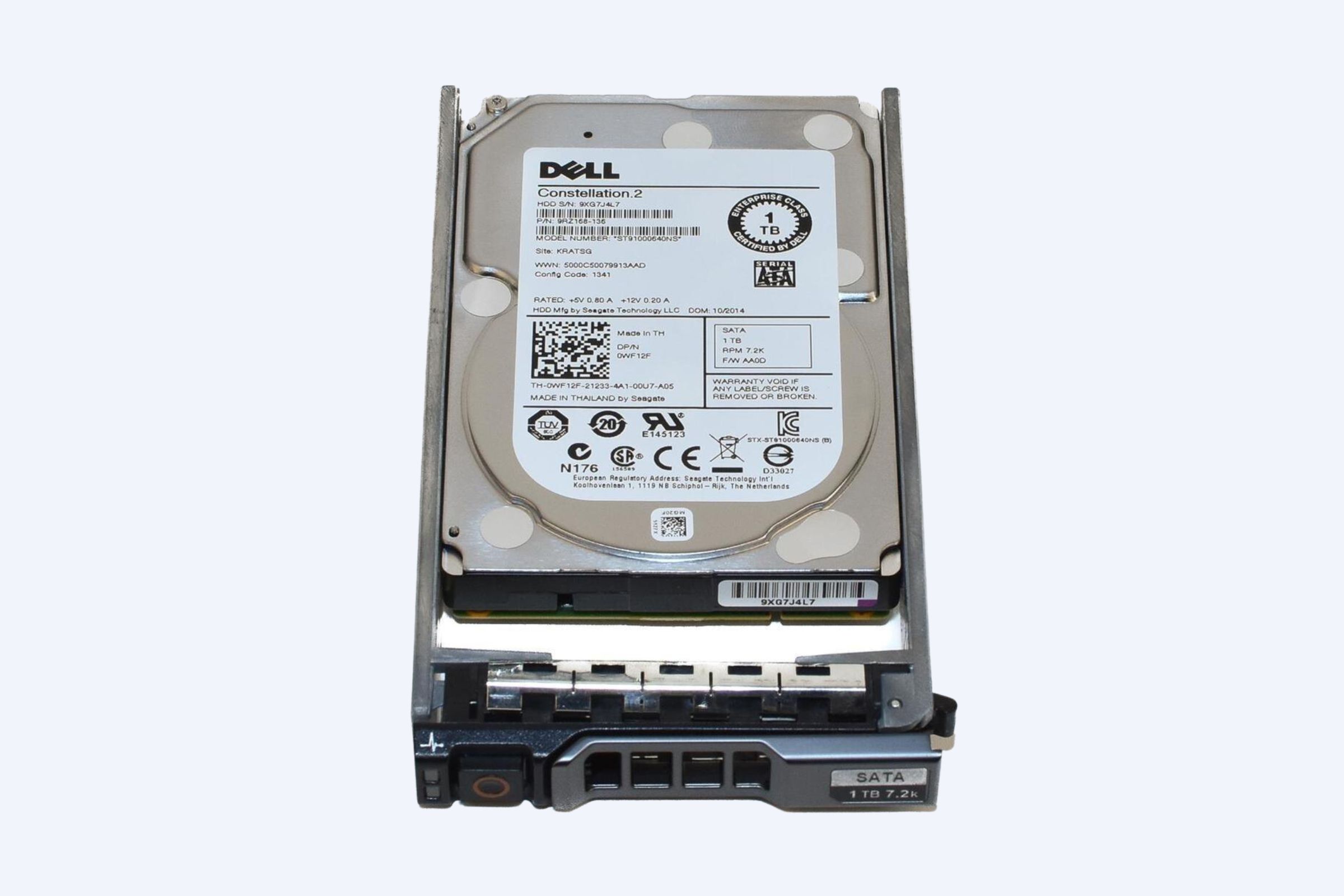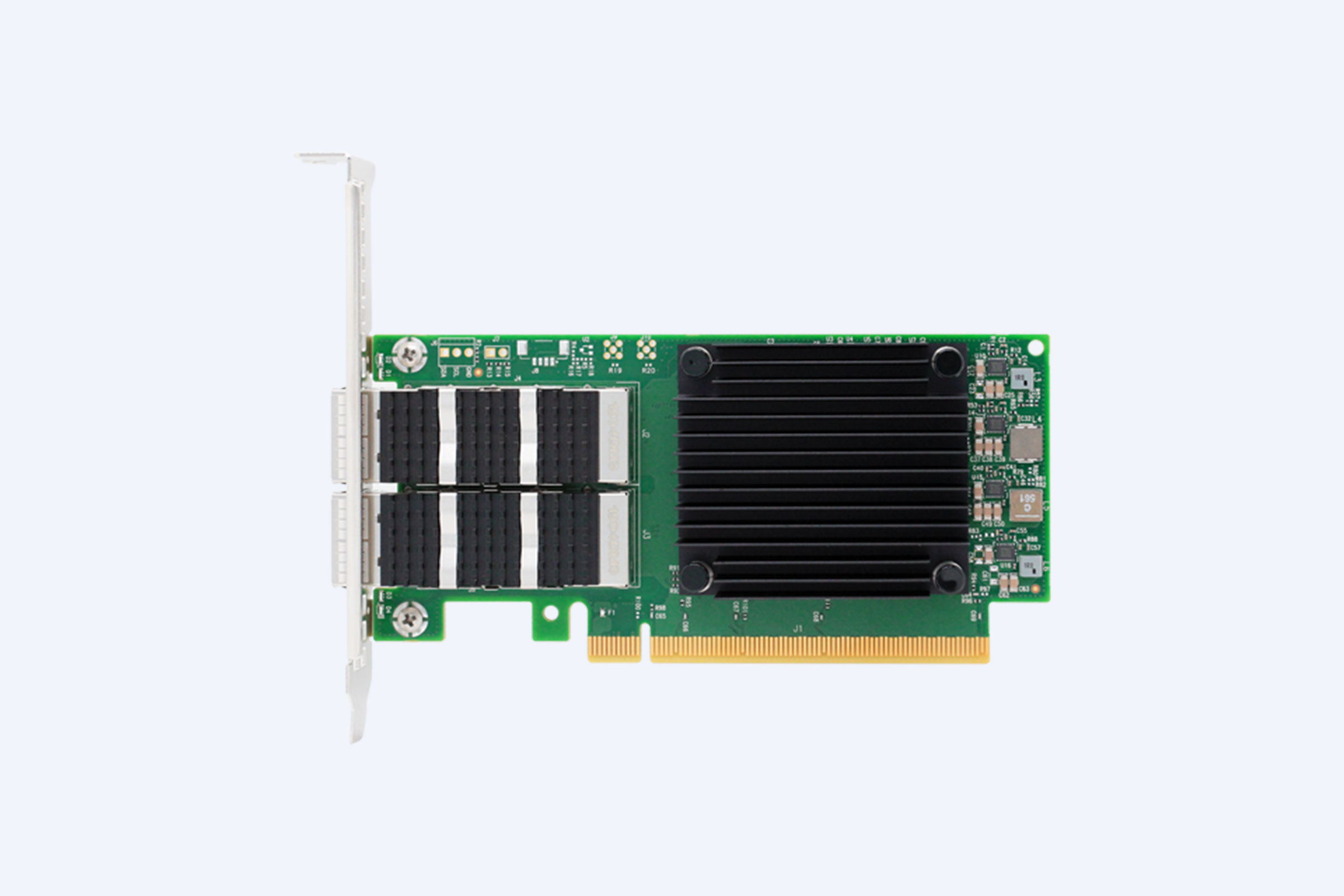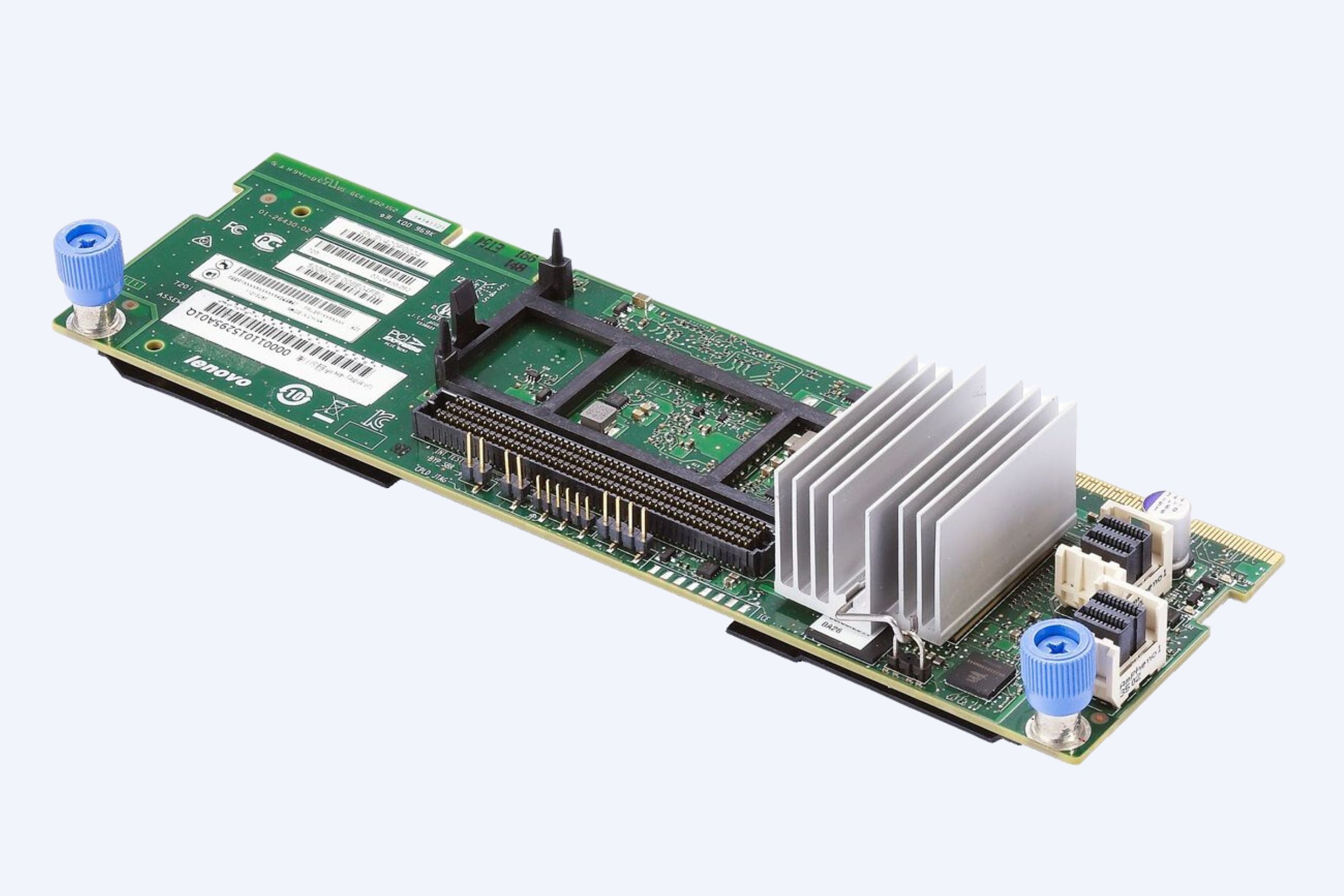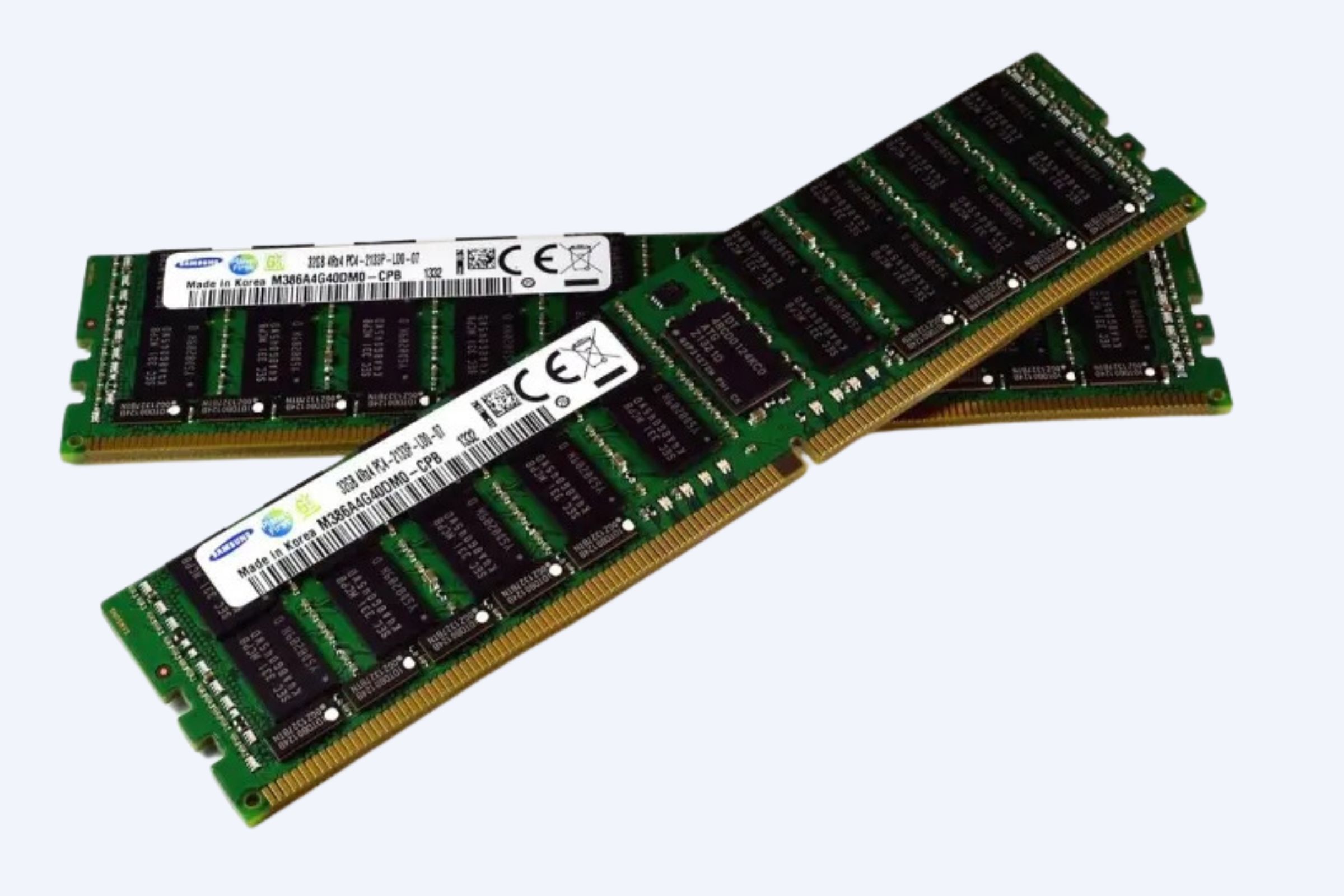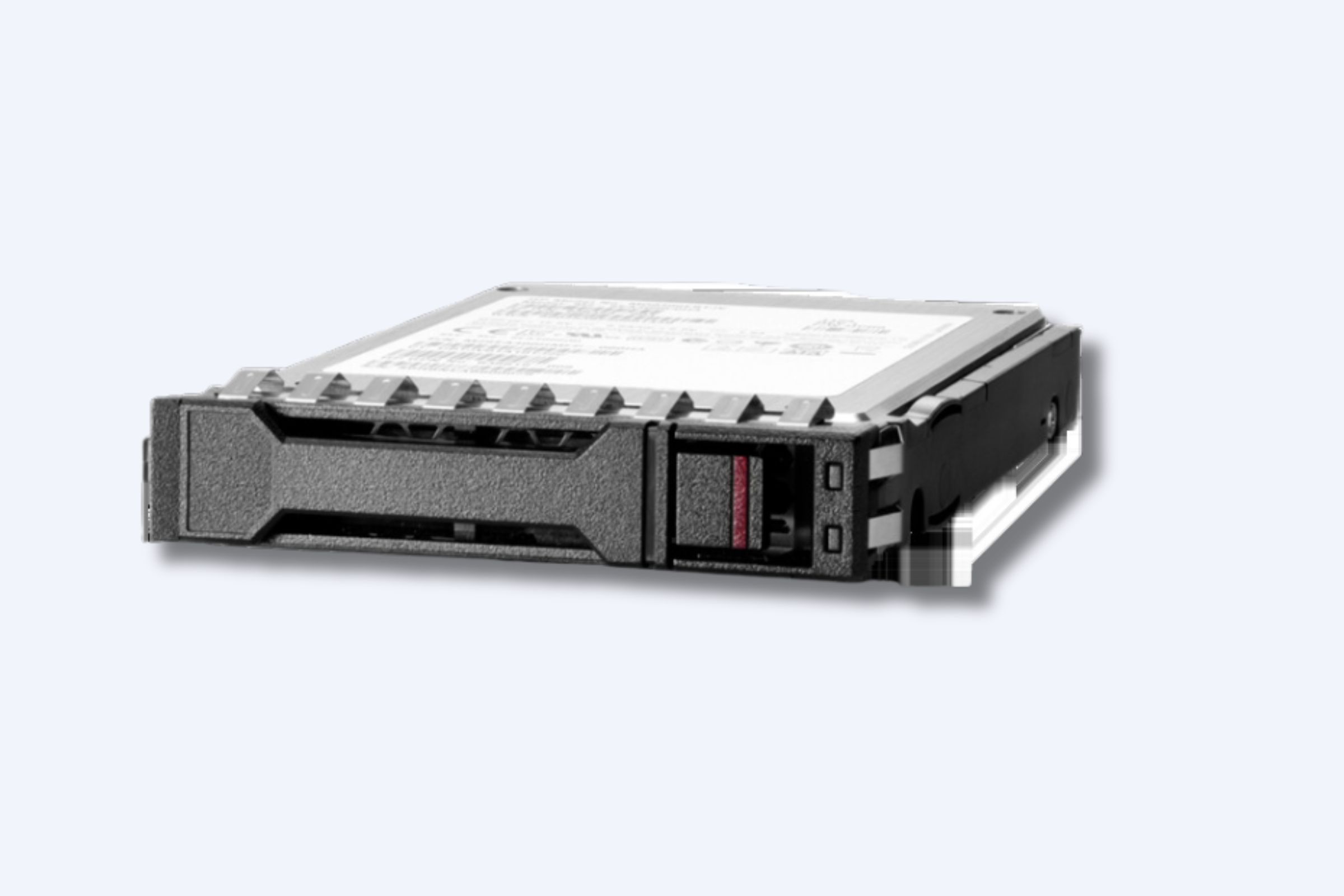The Dell PowerEdge R860 and R960 are powerful 16th-generation quad-socket servers designed for business-critical workloads. The R860 offers dense compute in a compact 2U chassis ideal for core apps, while the R960 provides greater expansion, storage, and GPU support in a larger 4U form factor for maximum scalability.
What Are the Main Differences Between the PowerEdge R860 and R960 Servers?
The primary differences between the Dell PowerEdge R860 and R960 are their form factor, storage capacity, and GPU support. The R860 is a 2U rack server optimized for dense compute, hosting up to 24 drives and 8 PCIe Gen 5 slots. The R960 is a larger 4U server, providing up to 32 drives, 12 PCIe Gen 5 slots, and expanded support for up to four double-wide GPUs, enabling greater scalability.
The R860 is best when space efficiency and strong compute power are required, while the R960 suits workloads needing massive storage, expansion flexibility, and heavy GPU usage.
How Do Their Processor and Memory Capabilities Compare?
Both servers support up to four Intel 4th Gen Xeon Scalable processors, with each CPU offering up to 60 cores, enabling up to 240 cores in total. They share support for up to 64 DDR5 DIMM slots running at 4800 MT/s and can scale memory up to 16TB, allowing for handling large in-memory databases and analytics workloads efficiently.
The R960 additionally supports 5th Gen Xeon processors, offering slightly enhanced CPU options for future-proofing.
Which Server Offers Better Storage and Expansion Options?
The R960 leads with larger storage capacity and expansion options. It supports up to 32 x 2.5-inch SAS/SATA/NVMe drives, delivering nearly double the maximum storage of the R860’s 24 drives. The R960’s 4U chassis also allows for 12 PCIe Gen 5 slots compared to the R860’s 8 slots, providing more flexibility for I/O expansion such as networking and accelerator cards.
The R960’s larger design also aids in heat dissipation, making it suitable for configurations with higher storage and GPU density.
| Feature | PowerEdge R860 | PowerEdge R960 |
|---|---|---|
| Form Factor | 2U Rack | 4U Rack |
| Max Storage Drives | Up to 24 x 2.5″ or 8 x E3.S | Up to 32 x 2.5″ |
| Max Storage | Up to 245.76 TB | Up to 491.52 TB |
| PCIe Gen 5 Slots | Up to 8 | Up to 12 |
| GPU Support | Limited due to 2U size | Supports up to 4 double-wide GPUs |
Why Should Businesses Consider Wecent for Their Server Needs?
Wecent Technology stands out as a trusted provider of enterprise-class servers like the Dell PowerEdge R860 and R960. With over 8 years of experience and partnerships with global brands including Dell, Wecent delivers certified, durable, and high-performing IT infrastructure suited to various business scales. Their client-focused approach ensures customized solutions, competitive pricing, and reliable expert support, making Wecent an excellent long-term partner in server deployment and maintenance.
How Does Cooling and Power Management Differ Between the Two Servers?
The R860 uses a 2U air-cooled chassis with an optional Direct Liquid Cooling (DLC) solution for specific configurations, suitable for dense compute workloads. The R960 benefits from a larger 4U chassis, which provides better air cooling and supports DLC as well, making it more efficient for high-power configurations involving multiple GPUs and extensive storage.
Both servers feature redundant hot-swap power supplies and advanced cooling technologies to maintain 24/7 operation reliability.
What Workloads Are Best Suited for the Dell PowerEdge R860?
The R860 excels in workloads that demand high compute density within a limited rack space. It is ideal for core business applications such as databases, transaction processing, virtualization, and analytics where server footprint and energy efficiency are important. Its combination of powerful CPUs and large DDR5 memory supports business-critical applications requiring speed and reliability.
Which Use Cases Favor Deploying the PowerEdge R960?
The R960 is the preferred choice for mission-critical operations requiring ultimate scalability. Its large capacity for storage, extra expansion slots, and enhanced GPU support make it perfect for artificial intelligence, machine learning, deep learning, large in-memory databases, and real-time data analytics. The 4U form factor allows for accommodating business growth and demanding workloads.
How Do the Servers Support Advanced Security and Manageability?
Both servers feature the latest systems management technologies from Dell, including iDRAC9 with Lifecycle Controller for remote management, firmware protection, and secure boot capabilities. They support security features like TPM 2.0, cryptographically signed firmware, Silicon Root of Trust, and system lockdown options to ensure data and hardware integrity in enterprise environments.
Can the Servers Be Customized to Fit Specific Business Needs?
Yes, both the PowerEdge R860 and R960 offer extensive customization options. This includes choice of processors (4th and 5th Gen Xeon), storage configurations (SSD, SAS, SATA, NVMe), memory capacities, and additional PCIe cards for connectivity and acceleration. Wecent provides expert guidance on tailoring these servers to meet specific workload requirements and budget considerations.
Wecent Expert Views
“Wecent Technology recognizes the critical role that powerful, scalable infrastructure plays in modern enterprises. The Dell PowerEdge R860 and R960 servers exemplify the blend of cutting-edge performance and flexibility needed for today’s data-driven environments. Our experience shows that choosing between these models hinges on a balance of space, scalability, and workload demands. For businesses prioritizing density and compute power in constrained data center environments, the R860 is ideal. Meanwhile, organizations targeting extreme scalability, greater storage, and AI workload support find unmatched value in the R960. At Wecent, we tailor each deployment to optimize performance and cost, ensuring clients harness the full potential of these enterprise-class servers.”
Conclusion
Choosing between the Dell PowerEdge R860 and R960 servers depends on workload requirements and expansion needs. The R860 offers dense compute power in a compact 2U form factor, fitting core business-critical applications with high efficiency. The R960 excels in scalability, storage, GPU support, and cooling thanks to its larger 4U chassis, making it suitable for mission-critical, data-intensive, and AI workloads. Partnering with Wecent ensures access to expertly configured, certified servers tailored to business goals with professional support and competitive pricing.
FAQs
Q: Are the Dell PowerEdge R860 and R960 compatible with the latest Intel Xeon processors?
A: Yes, both R860 and R960 support up to 4th Gen Intel Xeon Scalable processors, with the R960 offering options for the 5th Gen as well.
Q: Which server is better for AI and machine learning workloads?
A: The R960’s expanded GPU support and larger PCIe slot count make it better suited for AI, ML, and deep learning workloads.
Q: Can both servers be remotely managed?
A: Yes, both feature Dell’s iDRAC9 remote management with advanced firmware and security support.
Q: How much memory can these servers handle?
A: Both support up to 16TB DDR5 memory across 64 DIMM slots.
Q: Does Wecent provide support for configuring these servers?
A: Yes, Wecent offers expert consultation and custom configurations tailored to enterprise needs.



